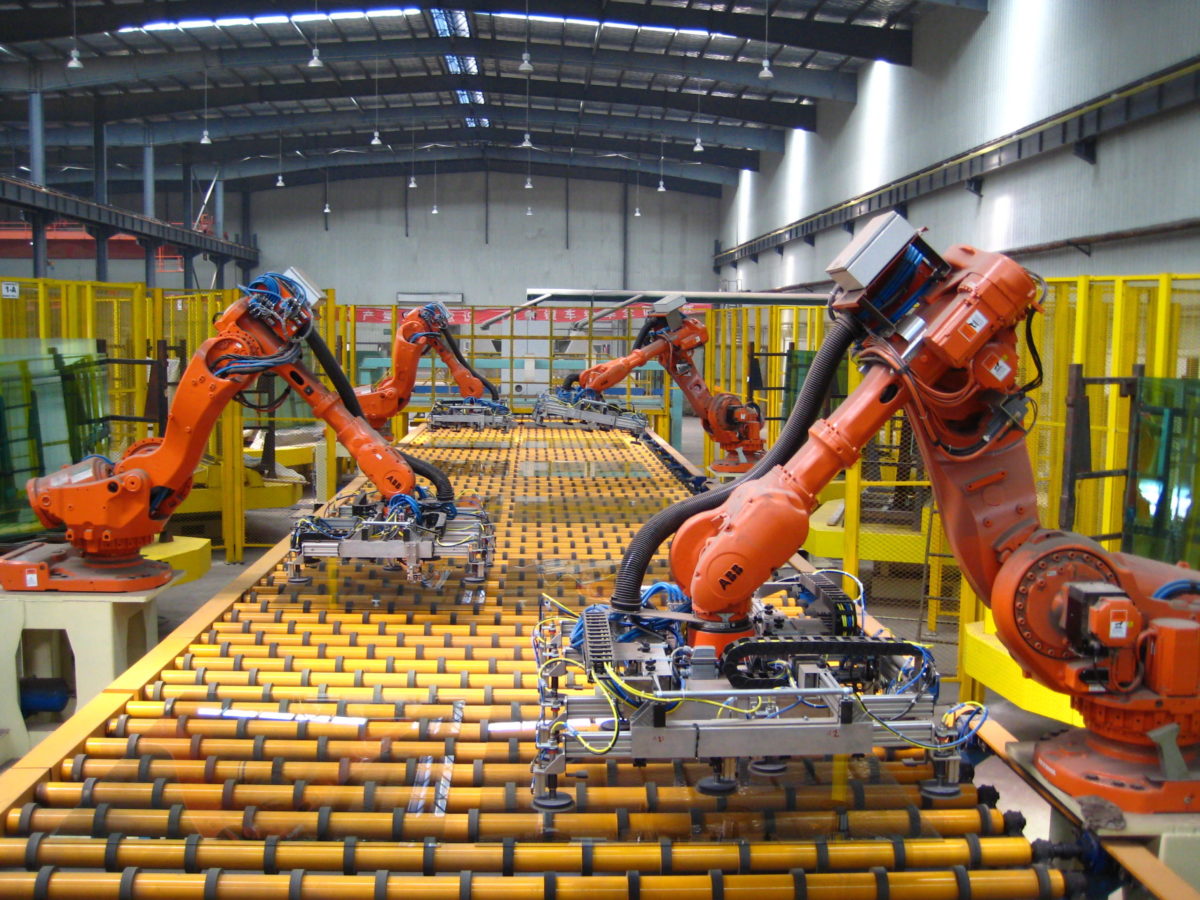There’s a discrepancy between company leaders who think smart manufacturing technology would help them improve workplace operations, and whether they’re actually willing to make investments in that tech.
That’s per a new report released this week by Michigan-headquartered Society of Manufacturing Engineers (SME) in collaboration with CESMII — The Smart Manufacturing Institute, entitled the 2022 Smart Manufacturing Market Survey.
The report comes a day ahead of SME’s in-person event, the Smart Manufacturing Experience, at the David L. Lawrence Convention Center in Downtown Pittsburgh. The event will feature panel discussions, networking and the like in the hopes of demonstrating new ways for small and medium-sized manufacturing firms to use smart manufacturing tech — which, according to SME, includes technology and processes such as artificial intelligence and machine learning, augmented reality and virtual reality, automation and robotics and cybersecurity.
SME surveyed more than 250 manufacturing personnel and leaders for the report. While 77% of respondents said they felt smart manufacturing would increase company competitiveness, only half of those surveyed said that their company was willing to invest in financial resources and tech related to smart manufacturing initiatives.
Read the reportThe report noted that these statistics demonstrated widespread interest in adopting smart manufacturing practices, but a slow adoption pace. That discrepancy is further underscored by the fact that while two-thirds of companies are either preparing or implementing a smart manufacturing strategy, only about 42% of respondents said that their organization has a dedicated employee count for smart manufacturing initiatives, once again showing a limitation of resources put toward those programs.
Part of that might have to do with long-term workforce development strategies. Three in five respondents to the survey said that the biggest challenge for their companies in adopting smart manufacturing is finding qualified individuals who can lead and carry out the relevant initiatives. The second-most reported challenge by those surveyed was the cost of implementing smart manufacturing strategies. Notably, only 10% of respondents indicated that their companies have parts of their budgets dedicated to smart manufacturing programs.
“The part that’s still proving to be a challenge is the ability to connect this value to a compelling ROI, and their commitment to invest their financial resources in smart manufacturing initiatives,” said John Dyck, CEO of CESMII, in a statement. “To us, it’s clear that manufacturers are struggling to find objective, authoritative and trusted sources for smart manufacturing resources and education. The level of ‘noise’ in the marketplace is significant, making it exceedingly challenging for them to know where to turn for reliable insights and guidance.”
There does seem to be an understanding of the advantages smart manufacturing programs can offer. The problem is the need for more funding and workforce education.
Those challenges related to education and workforce training are further underscored by the 82% of respondents who said that lack of executive leadership in smart manufacturing programs was a severe or major impact on progress of those programs. In response to the same question, only about 28% of respondents indicated that a challenge in smart manufacturing progress for their company was that the initiatives weren’t considered a top priority. The report concluded that this comes from a disconnect between top-level leadership’s actions and overall company messaging around smart manufacturing (something the report suggested can be fixed with support from organizations like SME and CESMII).
With that support, and other companies that will likely take advantage of the commercial opportunity in closing the gaps illustrated by this support, the hope is that the financial and workforce development challenges will dissipate for small and medium-sized manufacturing firms. Clearly, the report’s executive summary argued, there is an understanding of the advantages smart manufacturing programs can offer, and the problem really lies within a need for more financial resources and workforce education to establish those initiatives. And inevitably, opportunities related to those goals will be available at the conference in Pittsburgh this week.
“No aspect of manufacturing will be as important to the industry’s future as digital transformation and the talent and ability to adopt of smart technology in the production environment,” said Jeannine Kunz, chief workforce development officer for SME. “Our discussions with large manufacturers reveal that digital transformation is not only a competitive minimum over the next decade, for both big and small companies, but it’s also neither financially nor technologically out of reach for the [small to medium manufacturers] manufacturing base.”
Sophie Burkholder is a 2021-2022 corps member for Report for America, an initiative of The Groundtruth Project that pairs young journalists with local newsrooms. This position is supported by the Heinz Endowments.Join the conversation!
Find news, events, jobs and people who share your interests on Technical.ly's open community Slack





